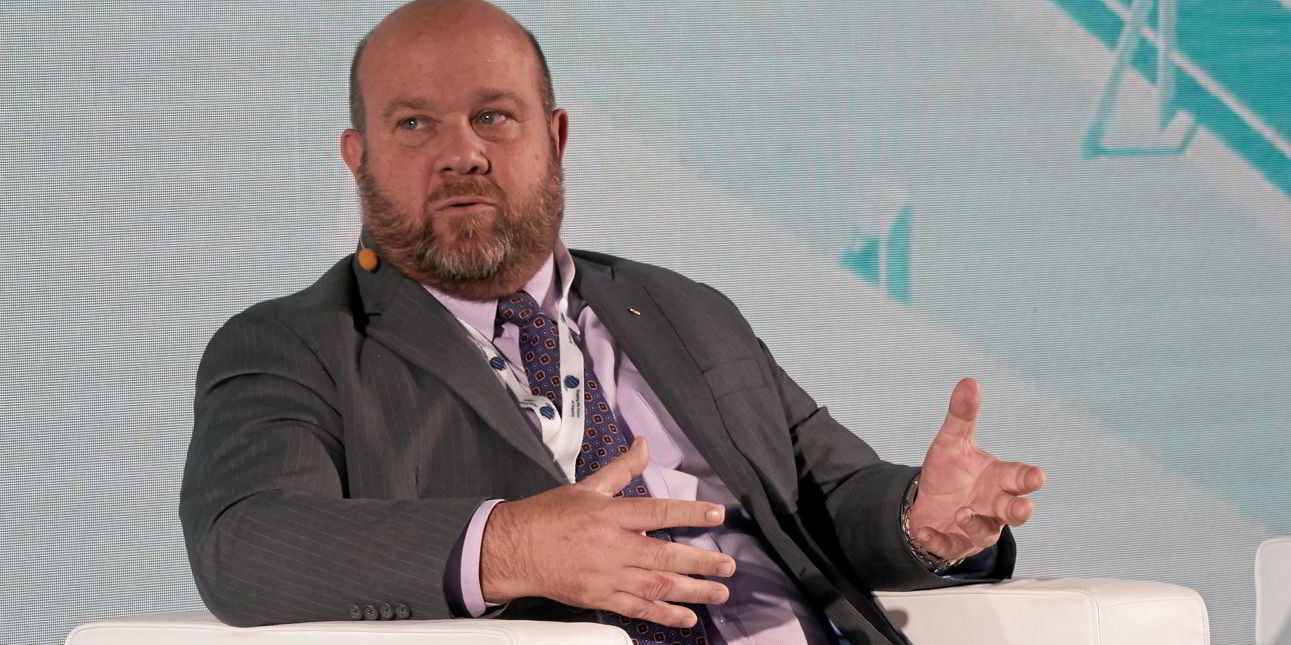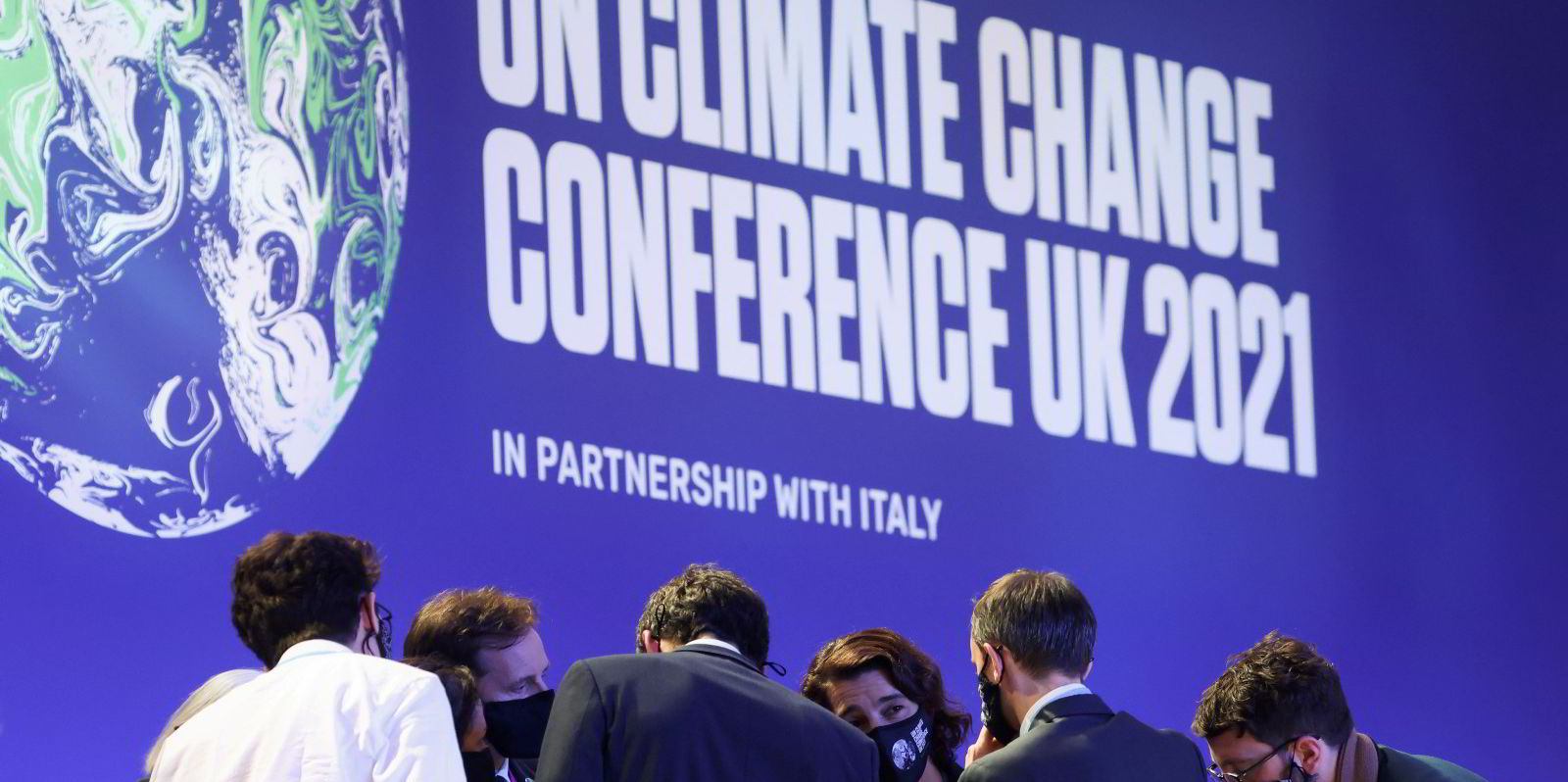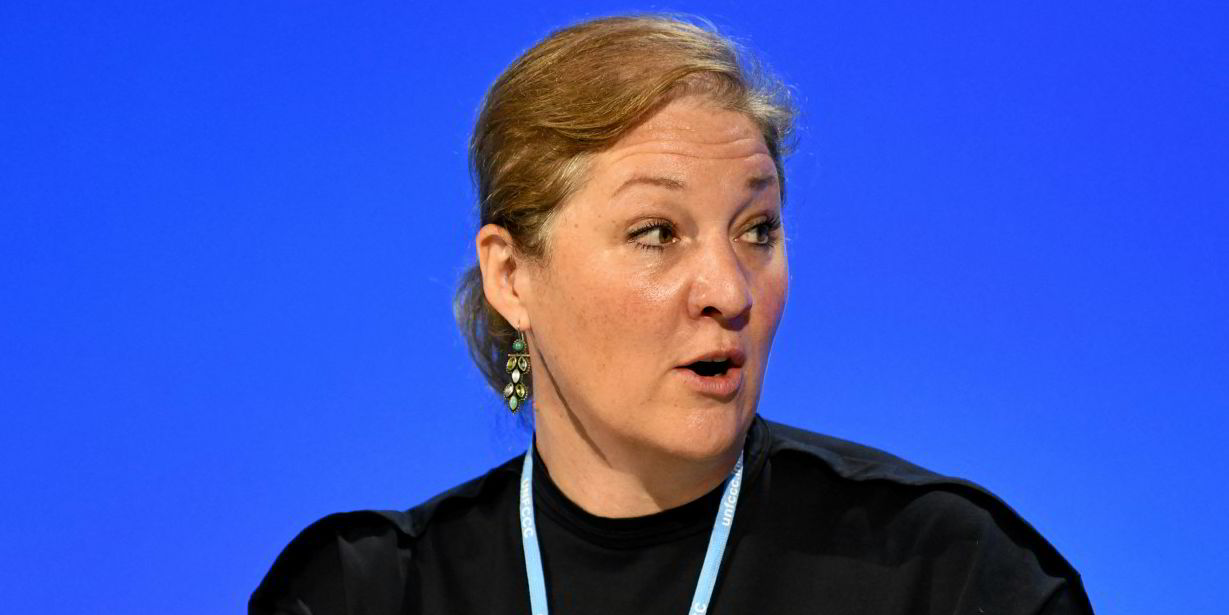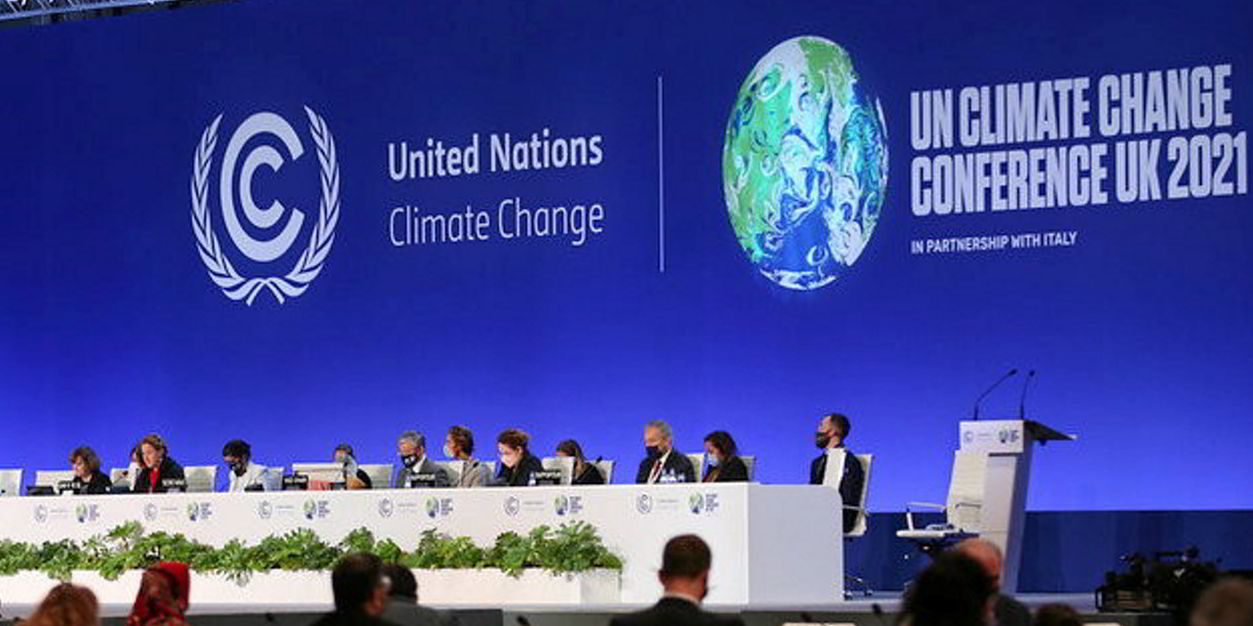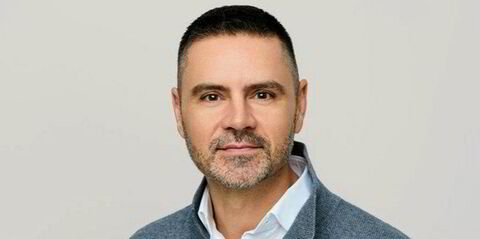The outcome of the COP26 talks was disappointing, but shipping made progress with micro developments on the sidelines that can be developed in the next few weeks, an MSC Group executive says.
Bud Darr, executive vice president of maritime policy & government affairs at the liner and passenger shipping giant, described the macro-level results in Glasgow as "broadly disappointing", but said side agreements were important for shipping.
They included the agreement on methane emissions and shipping's commitments to net zero, alongside the proposed $5bn research and development (R&D) fund, he said in a webinar organised by law firm Watson Farley & Williams.
"These were really good things, and we need to carry that momentum forward and shape the policy going forward," Darr said, ahead of next week's International Maritime Organization Maritime Environmental Protection Committee (MEPC) meeting, which will discuss decarbonisation policies.
He stressed the importance of the MEPC agreeing on the R&D fund as a pragmatic step that can be taken quickly.
"Just do it. Let the industry pay for the R&D fund. That is all we are asking. Step aside. Give us the framework. Let us pay and make a difference," he said.
"Get over yourselves," he said of the governments represented at the IMO. "Remove the political differences and help us solve a practical problem."
Michael Parker, chairman of global shipping, logistics & offshore at Citi Group, said the Clydebank Declaration for Clean Shipping Corridors, now signed by 22 countries, was another big step forward on the sidelines of COP26.
"The green corridors initiative is very important because we need to see large-scale projects with large-scale financial commitments from government and the private sector to accelerate the process," he said.

"We know the technology is there, but it needs to be scaled up, and infrastructure and distribution of new fuels is key to that."
Classification societies have a major role to give a lead, the banker added, so that companies invest in alternative technologies. He said legislation will follow, as happened with LNG.
Parker believes consumers are prepared to pay a small extra amount for freight to help cut emissions.
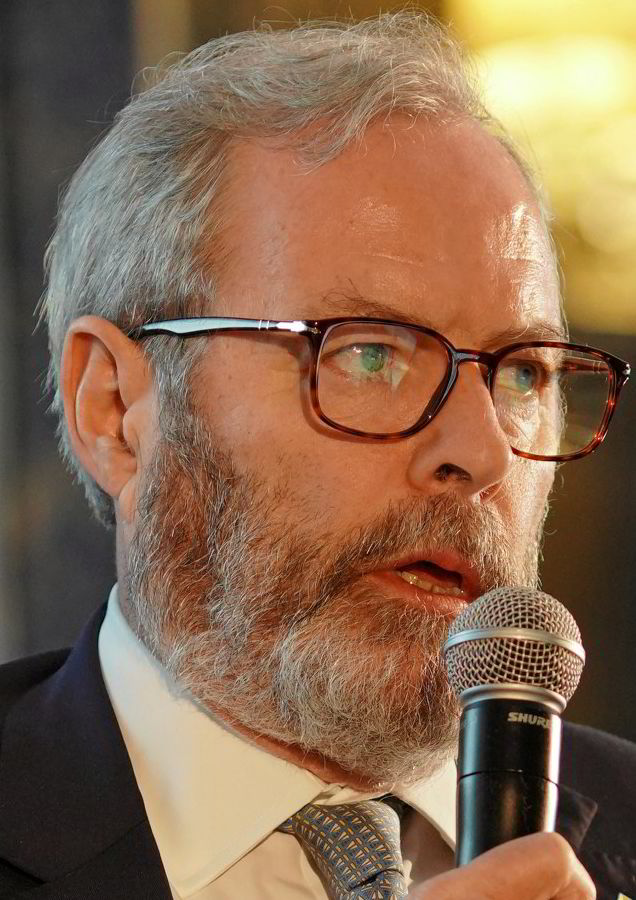
He said the new Cargo Owners for Zero Emission Vessels (Cozev) group, which includes big shippers such as Amazon, Ikea, Michelin and Unilever that have committed at the Aspen Institute to the elimination of fossil fuels in their supply chains by 2040, would become an important driver.
"The more pressure is put on the cargo, as well as the shipowners, will help speed up the process," he added.
Darr said the positive energy at the shipping events in Glasgow was something he had not seen in the past.
Building ships to run on zero-emission fuels is not the problem, he said. Having the infrastructure to produce and deliver the fuels is the bigger issue and needs financial incentive, energy supply signals and support from governments.
"It comes down to a race to give us the fuels in the volumes and at some sort of a price that the market can take," Darr said.
He admitted that the Cozev and COP26 methane agreements would put pressure on LNG, which is a fuel MSC is looking at, but he said care needs to be taken that zero-emission pledges did not take net-zero fuels, such as bio and synthetic forms of LNG or methanol, off the table in the short term.
Darr agreed that a crucial element of the green corridors plan is that it includes the full life cycle of fuels, from well to wake.
"It's flat out wrong to not look at this from a life-cycle perspective," he added.
But on environmental matters, he cautioned the IMO not to get bogged down in details of carbon intensity in its MEPC discussions.
"Please, please focus on the big picture. Too much focus disproportionately on the carbon intensity per unit emissions can easily distract you and send you in the wrong direction on absolute emissions," Darr said.
He said some recent IMO rules can in reality add to absolute emissions from ships when they are operated to fulfil the regulations on intensity.
Parker added that separating shipping, as a necessary transporter of goods from aviation, a provider of voluntary travel services, will become more important in future COP discussions on transport emissions.
